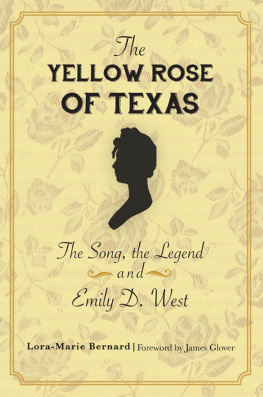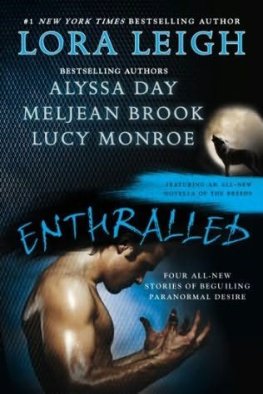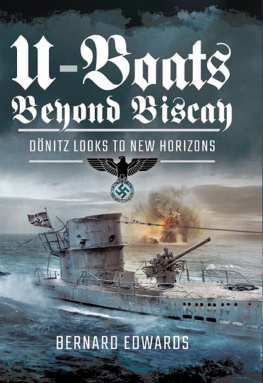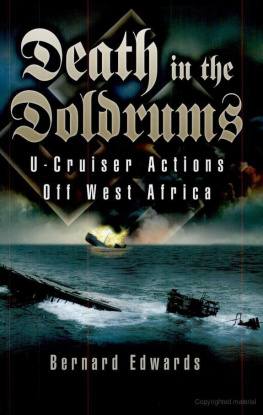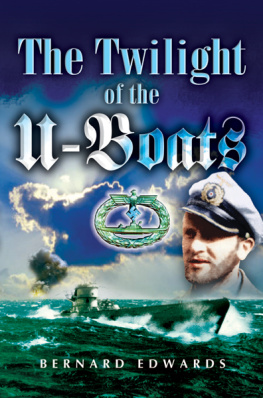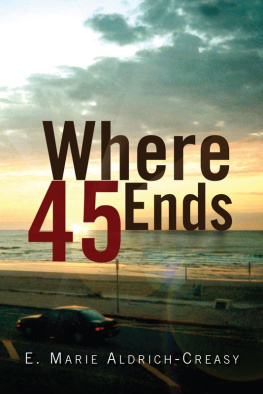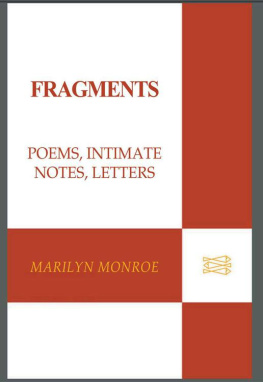Published by The History Press
Charleston, SC
www.historypress.net
Copyright 2017 by Lora-Marie Bernard
All rights reserved
Unless otherwise cited, images are courtesy of Colonel Frank Triplett, History, Romance and Philosophy of Great American Crimes and Criminals, in the public domain.
First published 2017
e-book edition 2017
ISBN 978.1.62585.562.6
Library of Congress Control Number: 2016945911
print edition ISBN 978.1.46711.787.6
Notice: The information in this book is true and complete to the best of our knowledge. It is offered without guarantee on the part of the author or The History Press. The author and The History Press disclaim all liability in connection with the use of this book.
All rights reserved. No part of this book may be reproduced or transmitted in any form whatsoever without prior written permission from the publisher except in the case of brief quotations embodied in critical articles and reviews.
PREFACE
Good criminals make the most fascinating stories.
Perhaps its the secret wish that we could be so bad, or maybe its just the reassurance that we are morally superior.
I never wanted to write about crooks or drugs or the nasty elements, as I saw them. My goal was to write about a cadre called the beautiful people. But life has a strange way of sneaking up on you and turning your path when you arent looking.
By the time I became a crime writer, I was not looking forward to it, and when I left, I was ready. Never, I thought, would I return to that sordid genre.
Alas, crime writing has dragged me back to its den. I wasnt looking for Monroe Edwards, and when I found him, I was irritated that I couldnt throw him away. Reporters do that. We find a community story, hear it, transform every single real person into a character and then determine if those characters are worth our effort. If they dont pass muster, they get thrown away. Monroe refused to let me throw him away.
Michael Bailey began the madness. While working on my first book, Lower Brazos River Canals (Arcadia Publishing, 2014), he began babbling about a slave smuggler and forger and a plantation warehouse. He threw in big Texas characters and events like William B. Travis and the Battle of Anahuac. It was all very confusing, and I wanted him to stop talking. None of this had anything to do with the river. Hed hand me a photo of the river and then, somehow, turn the whole day back into stories about Monroe Edwards.
Worn down, I agreed to study Chenango Plantation and look over the museums overstuffed, unorganized folder tagged Monroe Edwards. Inside this collection of news articles, trial transcripts and handwritten notes, I found a character unlike most in Texas. Hollywood and politics have created a picture of Texas that instills an emboldened pride, a reverence for its revolutionary rebels and a solemn pledge to its lost nationhood. People like Monroe Edwards are not part of that narrative. Perusing his time as a prisoner in the Battle of Anahuac, I became intrigued by the path he chose. Where Travis is part of the average Texas school childs history lesson, Monroe Edwards isnt part of the curriculum. More amazingly, Monroe was partly raised by one of Texass greatest heroes, James Morgan. That was a breadcrumb.
I had to follow the story for a few spellbinding hours. I decided to put this Monroe character away, finish my first book and see if he stuck with me. Was he a big enough character to be worth the effort?
When Monroe died in 1847, he was considered the most celebrated American forger until the turn of the century. He was memorialized in penny dreadfuls and long essays from prison officials and writers alike. The life of Monroe Edwards was a hot-boiled pot of fact and fiction. The fiction was easy to find. The fact was going to be harder. I let the research marinate until his story started to percolate. In the end, I agreed with Bailey. I was off to comb the life of another crook. Crime Reporter Chapter Deux was about to start.
Historical documents proved to be few but relatively easy to find. Reading them was the challenge. The language of the day was stilted and flamboyant at the same time. Deciphering what was being said was one thing. Translating it to todays terms was another. Never mind that the documents were hard to read. Somewhere along the way, the penchant for squeezing long reams of paper from the 1800s onto todays standard letter-sized sheet became the norm. Words went from fifteen-point handwritten flourishes to three-point tiny scribbles in the blink of an eye.
Monroes real life eventually began to bubble out of the reams, penny dreadfuls and newspaper articles. In most narrative-driven accounts, he is painted as a deceitful crook who deserved what he got. The last hours of his life were lonely, painful and just plain sad. Good comeuppance is the general message. But the truth of his life is more complex. In between the swashbuckling retellings emerges a common tale Id seen as a crime reporter covering the boys who joined drug gangs. At a crucial age, he was sent away from his home in Kentucky to live in New Orleans. By the time he returned to his family in Texas, his father soon died. Left alone, he began to make the choices that turned him into the scoundrel he would become. Underneath the criminal mastermind lies a complex man who captured the love of a slave girl, the attention of a nation and the trust of British aristocracy.
By the time, Id finished my research, I discovered the secret to his story. The American public found him fascinating for more than half a century because he was deeper than his image. His life was large. His schemes were grand. His style was fashionable. His personality was charismatic. His lies sounded truthful. The nation wanted to give him a second chance. America celebrated his masterful, extraordinary life.
All he wanted to do was find the life his father wanted the family to have.
ACKNOWLEDGEMENTS
The incredible assistance from my friends on the second floor at the Brazoria County Historical Museum was, as always, my first blessing. Michael Baileys fascination with Monroe Edwards couldnt help but end up sprinkled on me at some point.
Thanks to The History Press and my editors, Christen Thompson and Ben Gibson, for being so easy and comfortable to work with.
To my lifelong companion, Bobby Gervais, whose best gift was to leave me alone while I got lost in the criminal world of forgery, the dark cruelty of slave smuggling and the legends of the great state of Texas, I thank you. Always and forever, nothing I do means anything without you.


